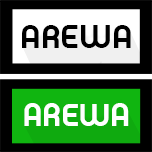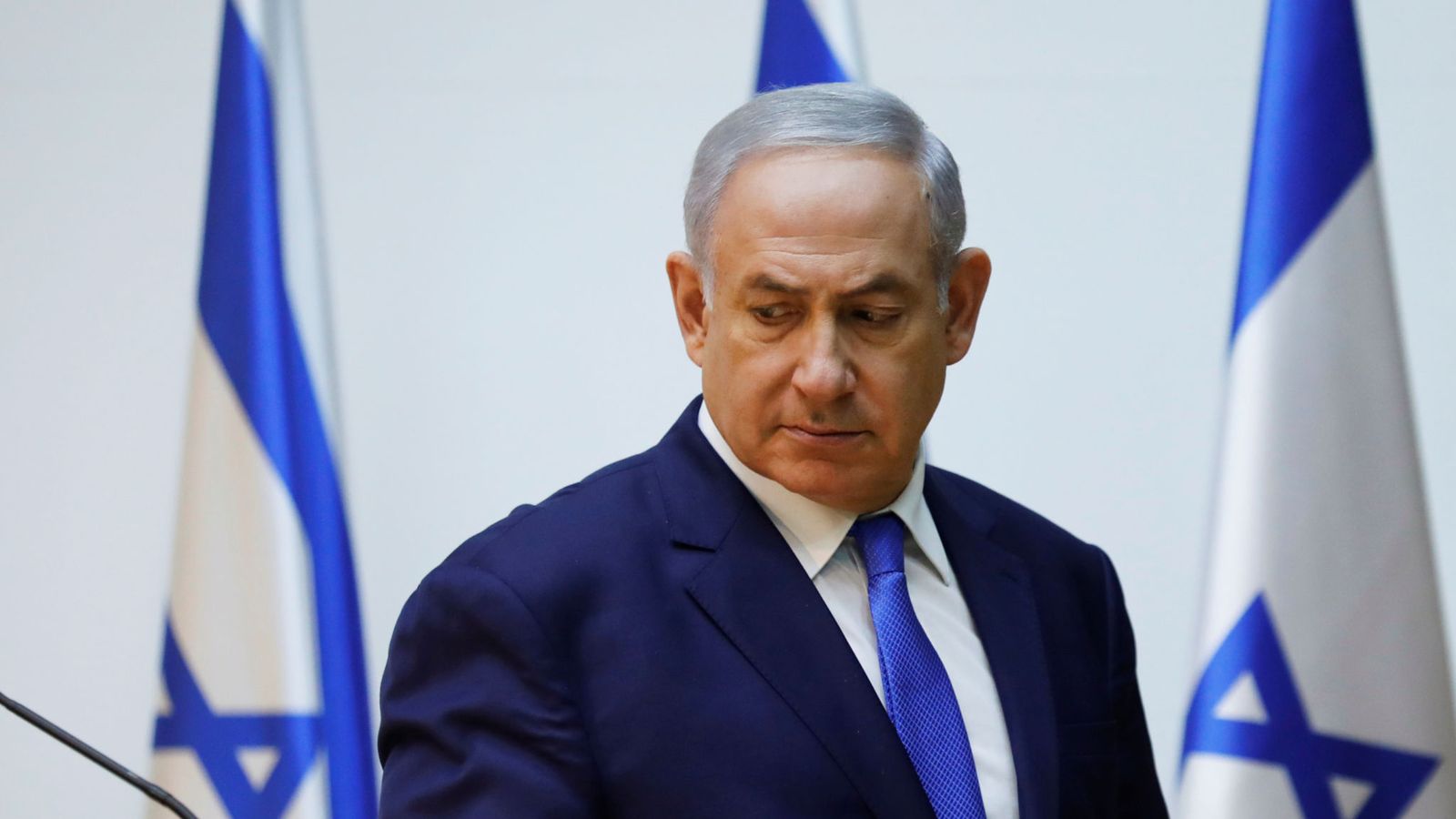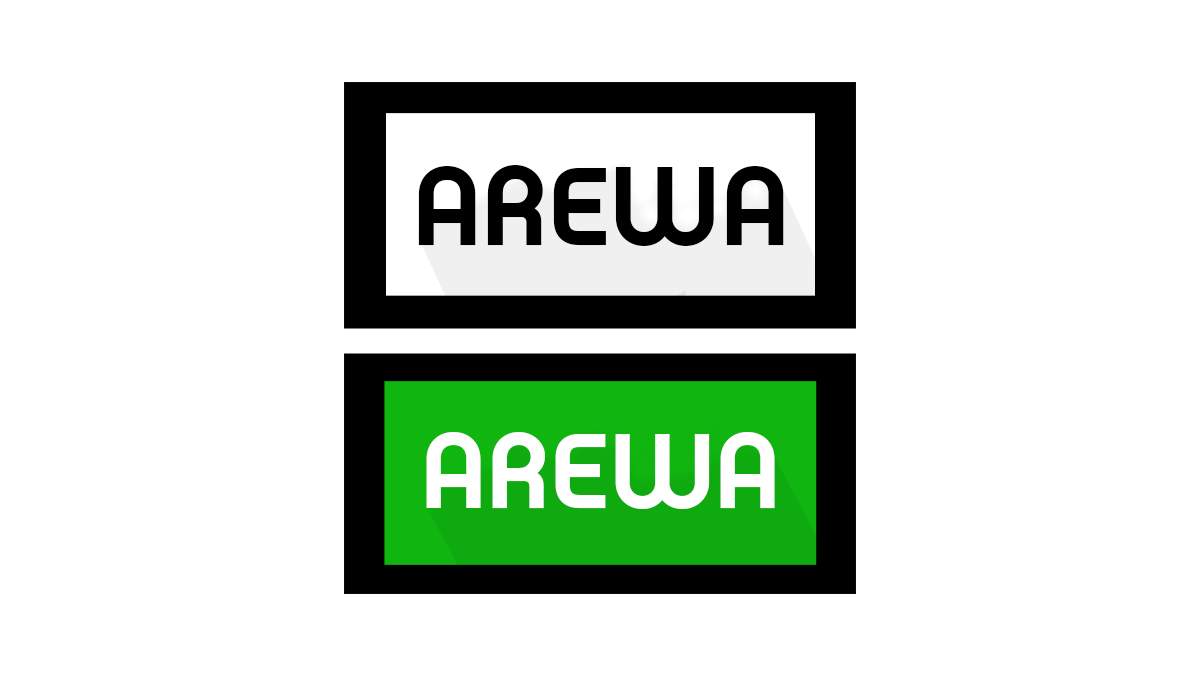Benjamin Netanyahu looked laboured as he walked up to the lectern – this was about laying the diplomatic bricks to persuade the international community of the imminent threat Hezbollah poses to Israel.
One gets the impression the speech will be part of a long PR campaign – a campaign that at some point may eventually involve Israel taking unilateral military action, if the UN fails to act.
Since 4 December, Israel has uncovered four “attack terror tunnels” dug under the border from Lebanon.
“This is not merely an act of aggression. It is an act of war,” the Israeli PM said.
Israel claims they were excavated by Hezbollah – which calls for Israel’s destruction – to enable “terrorists” to capture the Galilee and kidnap and murder Israeli civilians.
The tunnels appear to be a clear violation of Israeli sovereignty and they are also a breach of UN resolution 1701, which was adopted at the end of the 2006 Israel/Lebanon war.
Mr Netanyahu was speaking ahead of a UN Security Council debate on the issue on Wednesday – he also made it clear that Israel holds the Lebanese government and the Lebanese army responsible for not stopping the Hezbollah threat.
He said the Lebanese army “has done nothing of the kind” to dislodge Hezbollah.
“The Lebanese army has been a total failure in this regard. They’ve failed to take action to control their own territory.
“They failed to take action to prevent the use of their territory against the territory of a neighbouring state and they failed to dislodge the tyrannical Hezbollah. They haven’t even tried.”
What underpins this though is a new military doctrine in which the subtext is clear.
In the event of a new conflict, Israel will not distinguish between the Lebanese state and the militant group.
But the tunnels are in many ways not the main issue for Israel.
Yes, they are seen as a real threat but the damage they would cause would largely be psychological.
This diplomatic war of words is preparing the ground to deal with something that Jerusalem is far more concerned with, and that is the building of Hezbollah precision-missile factories in Lebanon.
Hezbollah, which is supported by Iran, is estimated to have an arsenal of more than 100,000 rockets, but most are unguided.
However if that was to change it would cross a clear Israeli red line and may trigger pre-emptive action.
Israel has conducted hundreds of airstrikes in Syria to combat such a threat already.
Over the next few weeks Israel’s messaging will likely be even clearer – it will also act in Lebanon if that threat grows and its concerns are not taken seriously by the international community.



